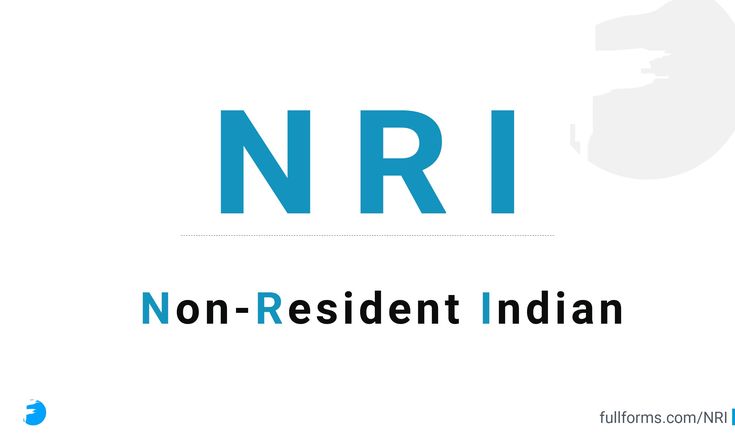The pressure to perform, combined with the uncertainty of the outcome, may result in a mix of emotions that weigh heavily on our mind. It’s important to identify and handle these feelings in a positive and healthy way. Smitha Chandrashekar & Dr Aruna Shukla suggest there are effective strategies to navigate this turbulent period and emerge stronger than before


Exam season is a stressful time for students in general. To pass with excellent grades, they must remember and comprehend theories, historical occurrences, and mathematical formulas. Students have less time for relaxation and enjoyment during exams as a result of laborious study schedules and frequent revision. In the wake of the intense academic rigors of exams, students frequently face a new type of challenge: post-exam stress. Many students experience post-exam stress, which is normal. It’s critical to recognize and deal with these emotions in a constructive and healthy way. The pressure to perform, combined with the uncertainty of the outcome, may result in a mix of emotions that weigh heavily on our mind. It’s important to identify and handle these feelings in a positive and healthy way. The nervous, anxious feeling that persists after the exam is over is known as post-exam stress. Feeling, if failed the exam might lead to anxiety. This may makes feel down. It is important to be aware of various kinds of strategies and tactics to support them throughout this difficult time in order to facilitate a more smooth transition to the next stage of their academics and throughout their career. There are effective strategies to navigate this turbulent period and emerge stronger than before.
- Acknowledge your feelings: It is important to acknowledge and accept the feelings of stress, anxiety, and disappointment that may develop following examinations. Ignoring these feelings can amplify their effects. Instead, take the time to notice them and recognize that they are a normal reaction to a difficult situation.
- Practice self-care: Self-care is essential during times of high stress. Make self-care a priority, whether it is through physical activity, spending time with loved ones, pursuing hobbies, or simply taking time for self-reflection. Nurturing your well-being can bring much-needed relief from the stress of tests.
- Seek support: Don’t be afraid to reach out for help if you are experiencing post exam stress. Whether speaking to friends, family members, teachers, or seeking professional counselling, expressing your concerns and receiving advice can be extremely helpful. You are not alone in facing these issues, and there are individuals willing to support you through this process.
- Maintain perspective: While exams are undoubtedly significant, they are just one aspect of your academic journey. Remind yourself that your worth is not solely determined by your performance in exams. Focus on the efforts you have invested, the progress you have made and the knowledge you have gained through this process, rather than dwelling solely on the outcomes.
- Stay engaged: Take time to engage in activities and interests outside of academics. This can help you maintain a sense of balance and perspective, thereby minimizing the severity of post-exam stress. It is essential to maintain a sense of fulfillment beyond exams whether it is through pursuing creative endeavors, exploring new hobbies or volunteering.
- Set realistic expectations: Understand that it is natural to feel a variety of emotions regardless of the outcome. Be kind to your mind. Learn to set realistic standards. Take time to focus on the learning from this experience.
- Plan ahead: Use the post-exam period to reflect on your study habits and academic goals. Identify areas for improvement and develop a plan to address them effectively. Setting clear goals and implementing strategies for success can help alleviate future exam-related stress. In conclusion, while post-exam stress is a common experience, it does not have to overshadow your academic journey.
By acknowledging your feelings, practicing self-care, seeking support, and maintaining perspective, you can navigate this challenging period with resilience and emerge stronger. Remember, exams are just one chapter in your story of growth and achievement.
(Smitha Chandrashekar is an Autism Spectrum Disorder Coach at Artemis Assessment & Treatment Centre, Canada. She is a Certified Career Counsellor
Email Id: soulnspireinc@gmail.com
Dr. Aruna Shukla is a Consultant Psychologist/ Certified Career Counsellor Co-Founder & Managing Director – CAPS, India. She is Art of Living & IAHV Project Pavitra Trainer (Menstrual Health & Hygiene
Email Id: capsinternational2003@gmail.)
***********************************
Readers











